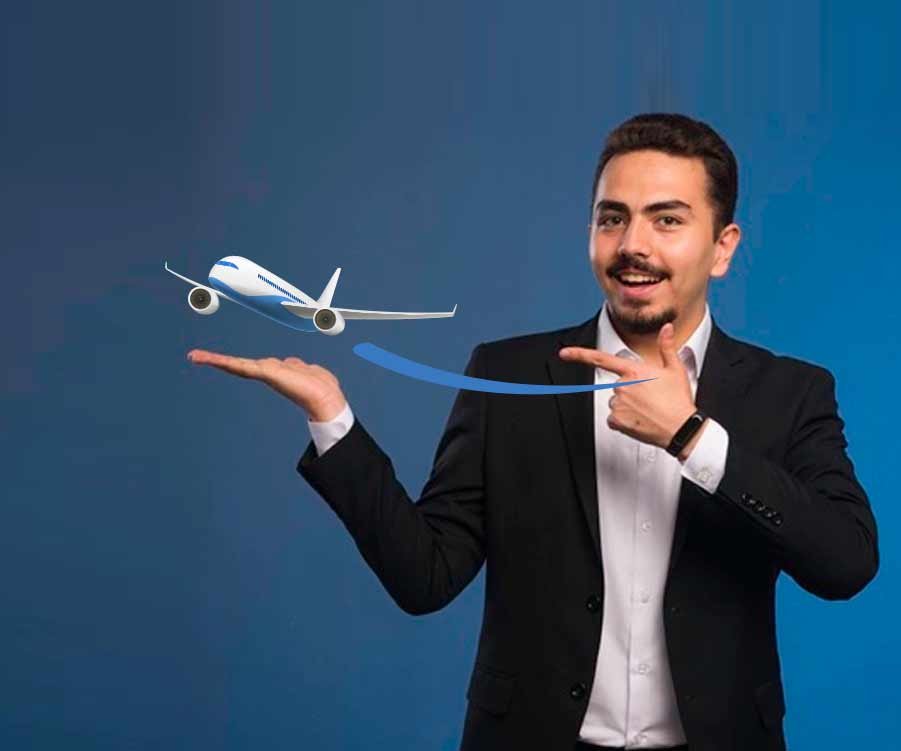As someone with an interest in the bustling world of marketing, you might be curious about the dynamic lifestyle of a marketing manager. These professionals are often depicted as on-the-go, charismatic individuals who are always on the move. Do Marketing Managers Travel a Lot for Work? The answer is that it varies based on several factors including the industry, company size, role responsibilities, and career stage. Marketing managers do frequently travel for client meetings, events, and campaign execution, but technological advancements are changing the landscape of their travel needs.
Who is a Marketing Manager?
Role and Responsibilities
A marketing manager oversees the development and execution of marketing strategies within an organization. They play a pivotal role in promoting products or services, spearheading advertising campaigns, and collaborating with sales, public relations, and product development teams to ensure consistent branding and messaging. Their varied responsibilities can take them across the country or even around the globe to attend trade shows, negotiate with partners, and lead market research efforts.
Essential Skills and Qualifications
To be successful in this field, marketing managers must possess:
- Superb communication skills to articulate and present ideas clearly.
- The capability to manage projects and collaborate effectively with diverse teams.
- A strong educational foundation with a degree in business or marketing.

Source: Happily Marketing
The Nature and Necessity of Travel for Marketing Managers
Client Meetings and Networking
- Building client relationships often requires face-to-face meetings, which can lead to travel.
- Engaging with peers at industry events helps stay abreast of market trends and forge important connections.
Industry Events and Conferences
- Trade shows and conferences are prime venues for marketing managers to promote their brand, spot trends, and network with potential clients and collaborators.
- These events facilitate knowledge exchange and allow marketing professionals to stay ahead in a competitive market.
Field Research and Campaign Execution
- Marketing managers sometimes need to conduct field research to fully understand the environments in which their campaigns will run.
- Overseeing campaigns across various locations often requires a physical presence to ensure brand consistency and effectiveness.
Factors Influencing Travel Frequency
Industry and Company Size
The frequency of travel can vary greatly depending on the industry. For instance, those in events, hospitality, or entertainment are likely to travel more. Similarly, marketing managers in larger organizations might find themselves traveling extensively because of the broader operational scope.
Role Specifics and Geographic Reach
- The extent of travel is also determined by the role specifics and geographic reach of the company. For example, a global marketing manager will travel more than one focusing on local markets.
- Different job descriptions entail different levels of travel, from regional tours to international excursions.
Career Level and Experience
- As marketing managers climb the career ladder, travel may increase in tandem with their responsibilities. Senior managers are often required for high-stakes meetings and strategic initiatives.
- Conversely, those in the early stages of their careers may do less travel, focusing on gaining a solid understanding of the local market.
Impact of Digital Technology on Travel
Virtual Meetings and Remote Collaboration
Innovations in technology, such as virtual meeting platforms, are reducing the need for physical travel. Marketing managers can now collaborate with teams across the globe without leaving their office, which in some cases, may be their home, as highlighted in our article Can Digital Marketing Be Done From Home?
Digital Marketing Evolution
The rise of online marketing channels has brought a shift towards campaigns that are managed digitally. This evolution means that marketing managers can reach and analyze global audiences without the need for constant travel.
Work-Life Balance and Considerations for Marketing Managers
Personal Preferences and Family Life
Work-life balance is a significant consideration for marketing managers, as individual preferences and family commitments can sway one’s choice of job. Some may seek roles with less travel to stay closer to home.
Company Policies and Support
Organizations differ in their travel policies and the kind of support they provide for work-life balance. Some might offer flexible arrangements or additional compensation for travel time.
Financial Aspects and Career Progression
Travel Budget and Expenses
Travel budgets can dictate how much a marketing manager travels. Companies need to manage expenses efficiently to ensure resources are directed towards generating maximum impact for marketing efforts.
Impact on Salary and Advancement
Roles that require significant travel often come with higher compensation to account for additional time and efforts. Exposure gained through travel can also lead to advancement opportunities, as the individual gains a broader perspective on various markets and practices.
Becoming a Global Marketing Manager
Education and Certification
Aiming for a global marketing role may require additional education or certifications in international business or marketing. Proficiency in dealing with diverse cultures and business practices is crucial.
Responsibilities and Global Networking
A global marketing manager will have to manage cross-border marketing activities and often engage in substantial travel to meet international clients and align strategies. As stated in “Global marketing managers have to deal with clients on a global level,” this implies not only frequent travel but also a high degree of cultural competency.
Final Thoughts and Future Trends
The Pandemic’s Influence on Travel Dynamics
The pandemic has forced businesses to reconsider the necessity of travel. With a shift towards virtual engagements, there might be a permanent change in how marketing managers fulfill their roles.
Continuous Learning and Adaptability
To remain effective, marketing managers must commit to continuous learning and be adaptable to new methods of communication and platforms. They need to ensure their marketing strategies remain relevant—an evolving challenge underscored in the era of digital marketing as shown in “As mentioned in How Is AI Being Used in Marketing?, emerging technologies can revolutionize how we approach and manage marketing strategies.”
The career of a marketing manager is diverse and may entail significant travel, but this is increasingly balanced with digital technologies that offer alternative ways to connect and conduct business. As the world continues to change, so too will the life of a marketing manager—expect to see less emphasis on physical travel and more on digital prowess and global reach from the comfort of one’s own region or even home.

